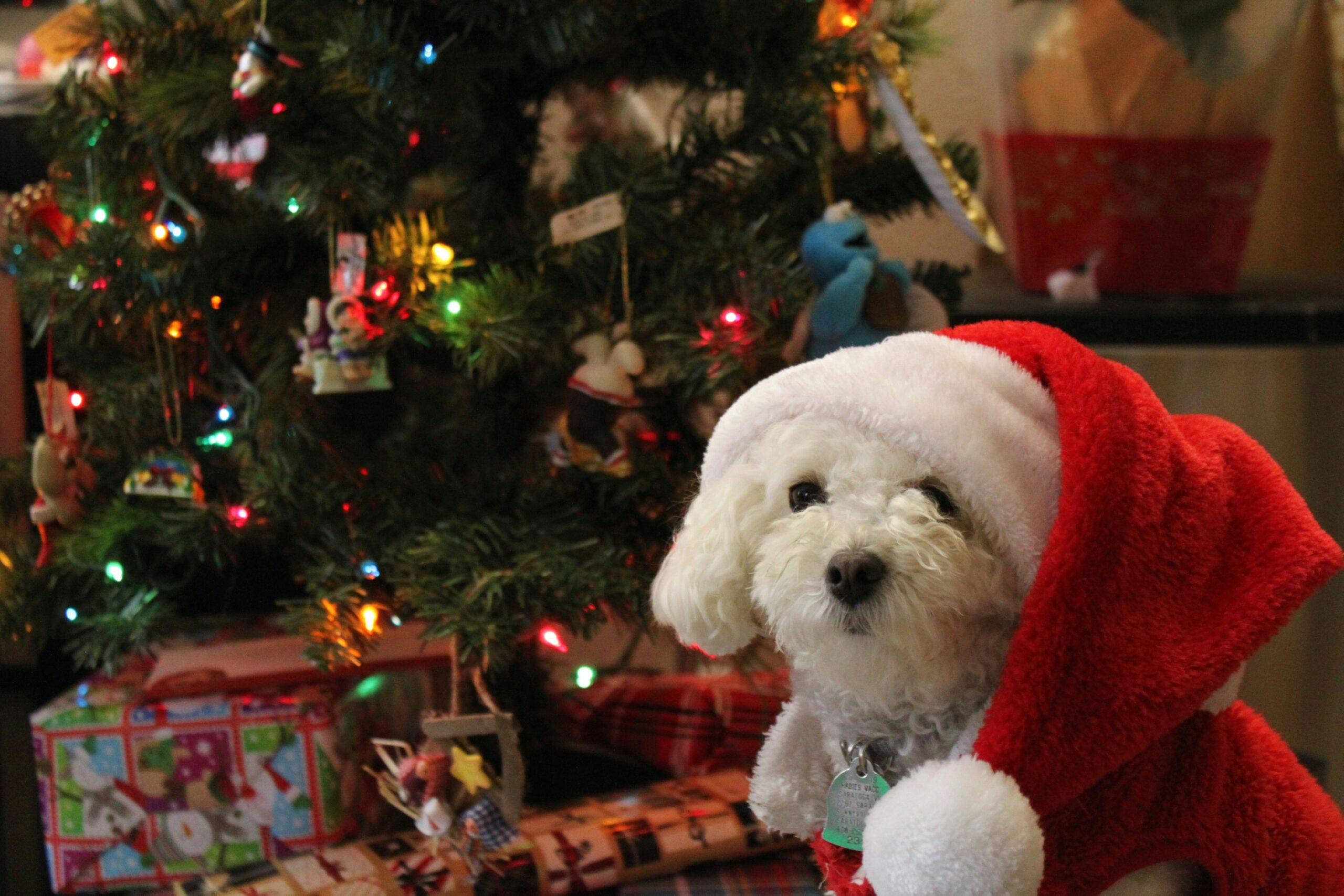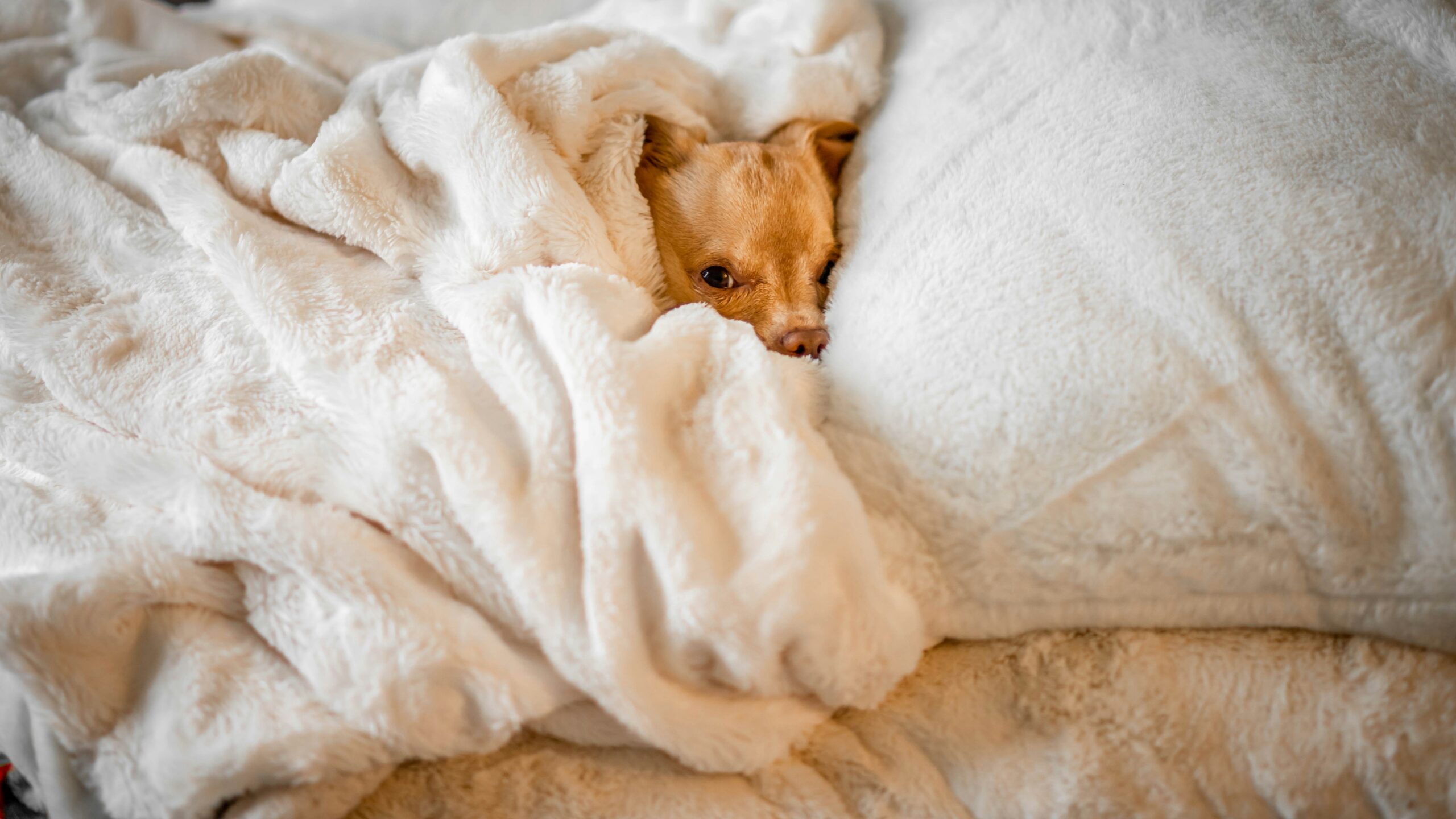Providing other causes have been ruled out, your Veterinary professional may advise the following for a simple case of mild diarrhoea. But is very important to take their advice first, knowing that this is an appropriate action to take for your pet.
The common first line of treatment for mild diarrhoea is a white meat diet. We feed through rather than starve in these circumstances. Stop your pet’s normal food and start feeding either plain boiled chicken breast (no additions like seasoning or oil) or white fish (cod or coley) mixed with plain boiled rice or pasta. These meals should be fed little and often (4 to 6 meals daily) to avoid over stressing the digestive tract with large meals and to aid it to recover. This gives the digestive tract chance to rest. Remember to stop all treats and other food stuffs and feed solely on this white meat diet for at least 2 to 3 days, you should see the diarrhoea improving and resolving in this time. Provided the diarrhoea has stopped and your pet is happy and well, you can start to transition your pet back onto their normal diet slowly over 4 to 5 days. This means continuing to feed the white meat diet whilst introducing their normal food, increasing and decreasing as the days go on. You should not see a recurrence of the diarrhoea in this time. If the diarrhoea does not stop whilst feeding a white meat diet, or recurs on reintroduction of their normal food, it is time to consult your Veterinary Surgeon.
When to call the Careline or go to your Vet:
If you notice any abnormalities with your pets faeces, either in consistency, frequency, colour or contents, or the way they pass faeces; so if they start to strain, seem in pain or are repeatedly trying to pass faeces unsuccessfully, you can always call the Careline for advice. We can assess the situation from the information you have given us, ask questions and advise you appropriately. That may entail advice to follow at home, or to see your vet.
If you feel the situation is an immediate emergency, so your pet seems unwell in themselves, they have eaten a foreign body or toxin, then it is advisable to contact your vet straight away.
If there is a situation where abnormal faeces are chronic, or is accompanied by other symptoms, seeing your vet would be advisable.
In all instances, if you are unsure what to do, you can always call the Scratch and Patch Careline where qualified Veterinary Nurses can advise you on the best course of action.


